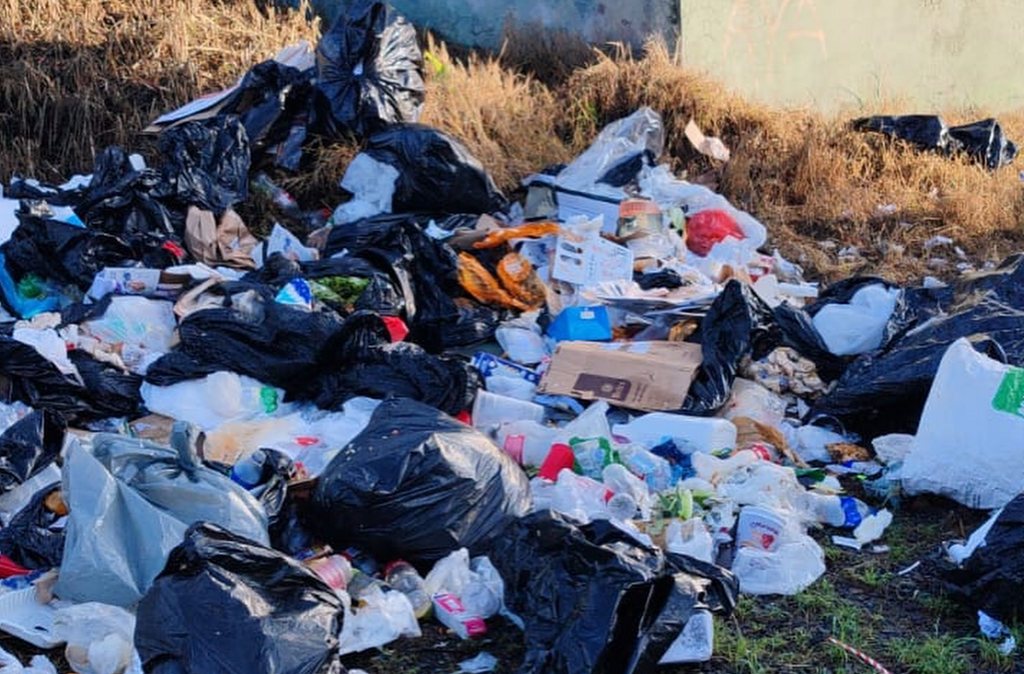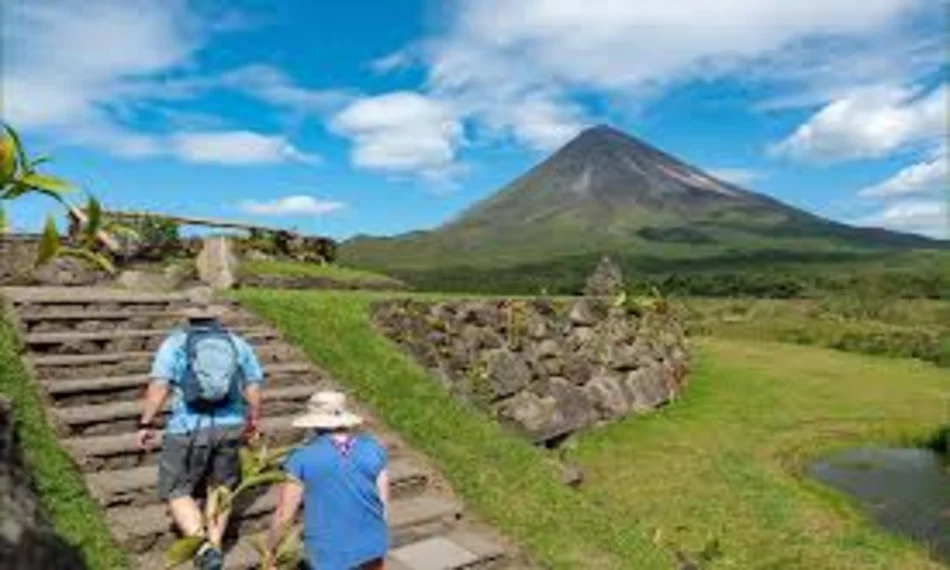The U.S. Department of State published the 2024 Trafficking in Persons Report. Costa Rica was placed in the Level 2 category, meaning it’s not in full compliance with the minimum standards for eliminating trafficking in persons but is making “significant efforts” to meet those standards.
“Around the globe, an estimated 27 million people are exploited for labor, services, and commercial sex. Through force, fraud, and coercion, they are made to toil in fields and factories, in restaurants and residences. Traffickers prey on some of the world’s most marginalized and vulnerable individuals – profiting from their plight,” stated Antony Blinken, Secretary of State.
The State Department’s annual Trafficking in Persons Report offers insight and a comprehensive assessment of this crime. It measures progress in 188 countries and provides information on the efforts by governments and stakeholders to combat this issue. “We are advancing President Biden’s commitment to prevent trafficking, prosecute perpetrators, and protect survivors,” Blinken added.
Compared to the previous reporting period, the Costa Rican government increased its overall efforts, which allowed it to maintain its position. According to the report, the government allocated resources for prevention programs for the first time in three years, prosecuted more suspected traffickers, convicted more traffickers, and provided services to all identified victims.
Nonetheless, the U.S. Department of State mentioned that funding for anti-trafficking efforts remains inadequate and bureaucracy continues to be a problem, particularly when trying to access funds.
As per the document, only one male victim of trafficking was identified, and shelter and service options for adult male victims are insufficient.
The U.S. Department of State recommended increasing victim identification and referral, boosting funding for specialized services and improving the training of local prosecutors, intensifying efforts to investigate and prosecute trafficking crimes, reducing bureaucratic obstacles to the allocation of funds, and improving data collection on judicial and victim protection efforts.
Source link
Ileana Fernandez



